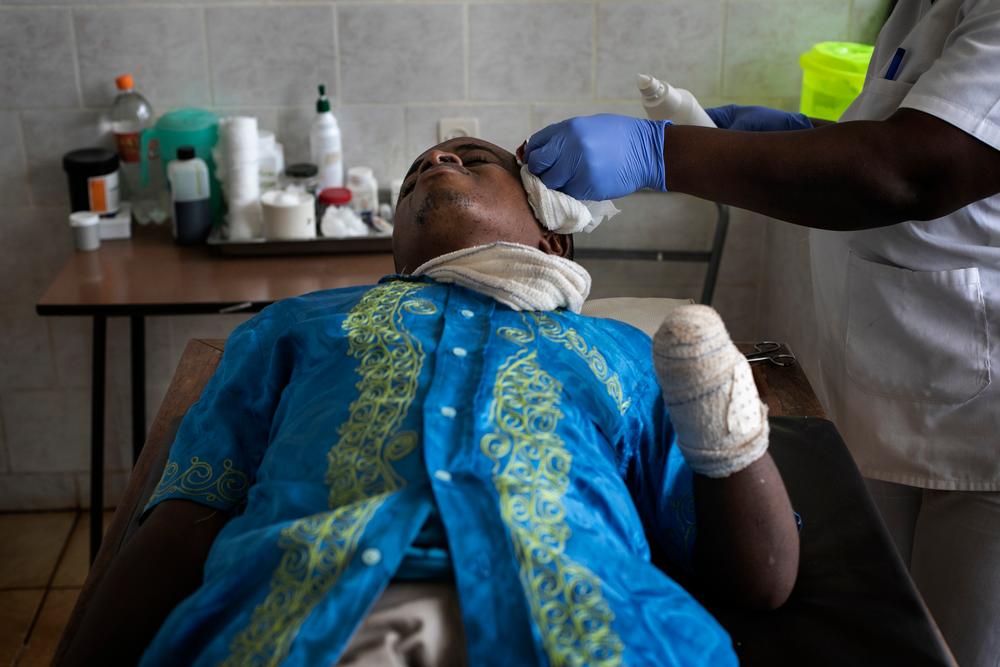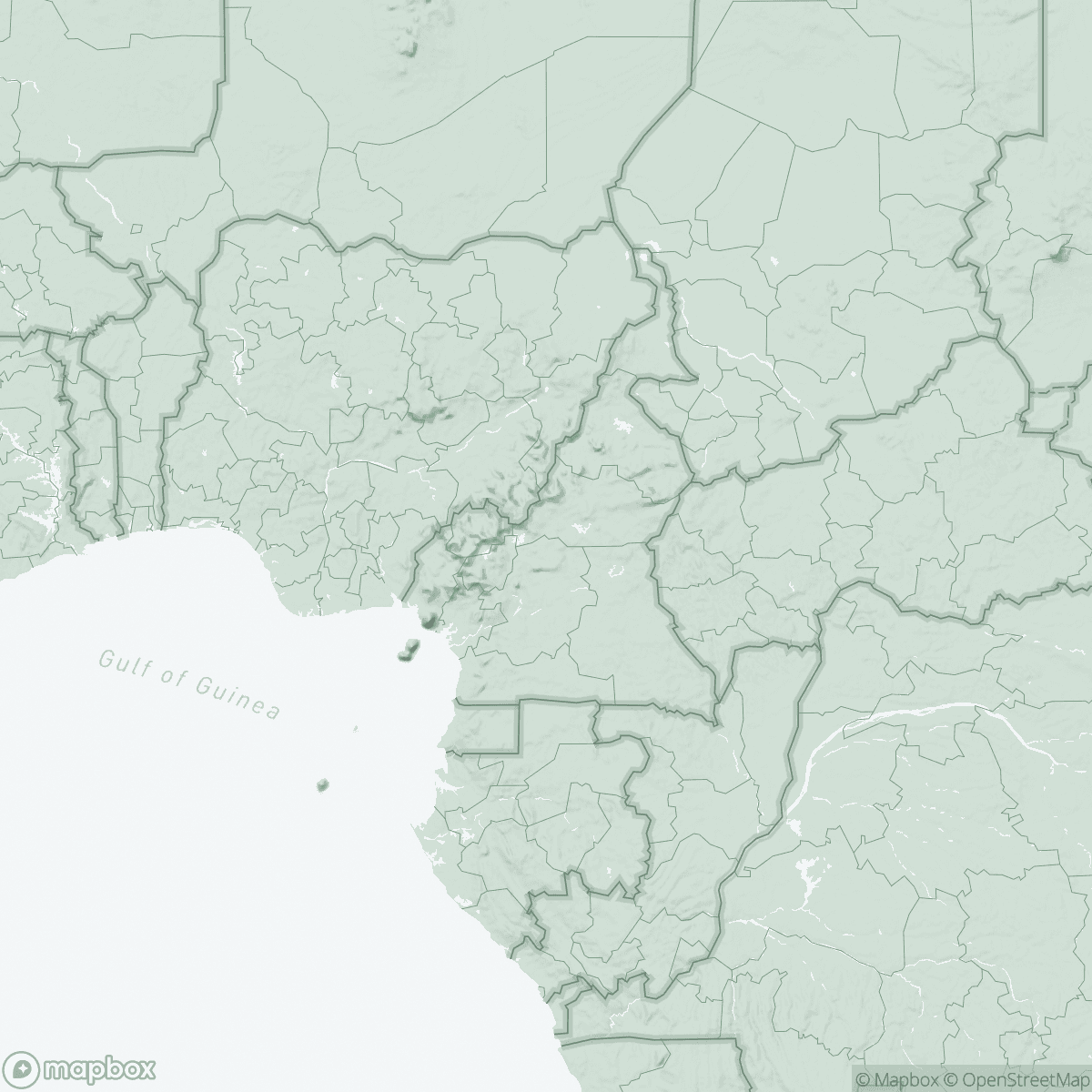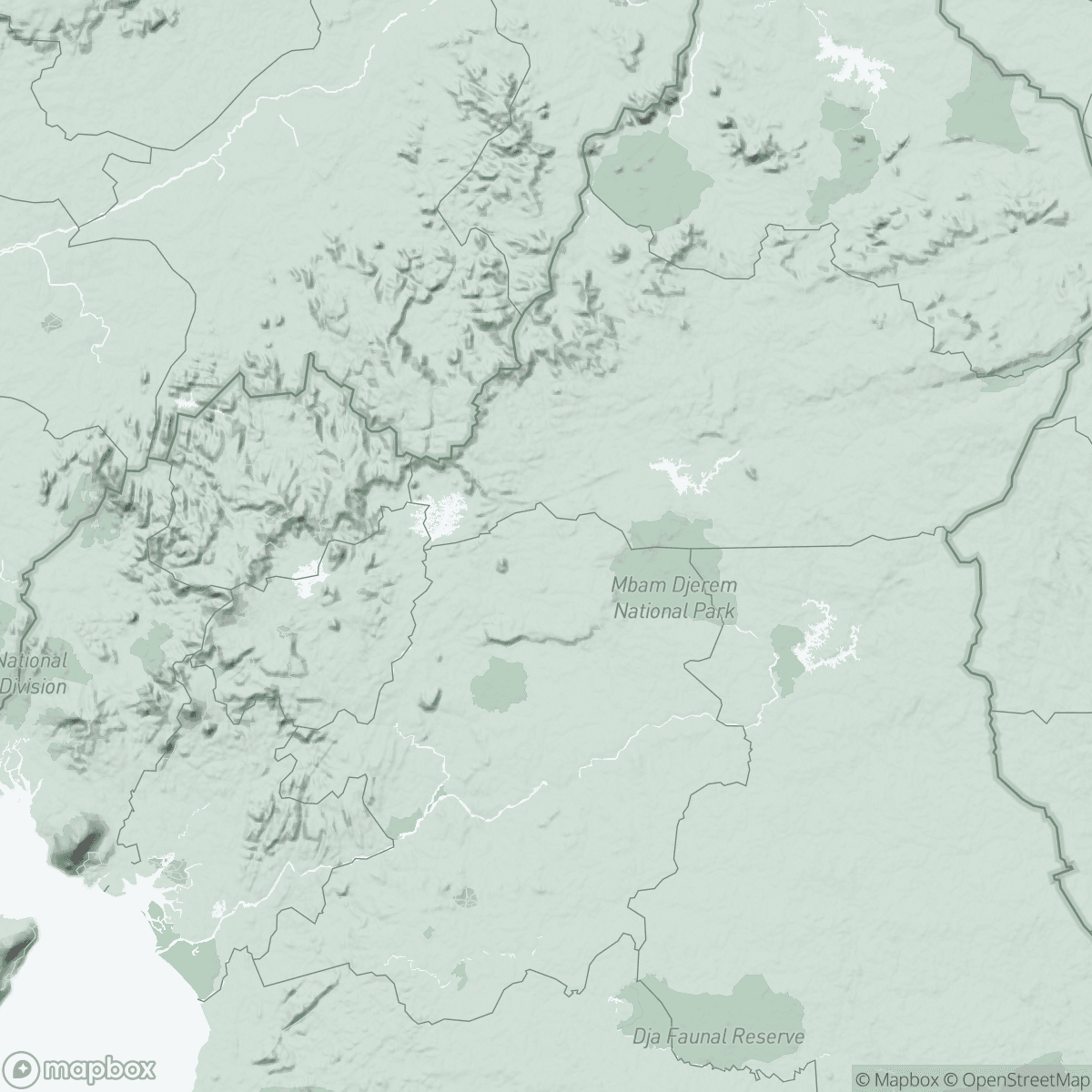
Thousands in northwest seek healthcare as MSF denied providing medical services
In 1 click, help us spread this information :
For over four years now, extreme violence in Cameroon’s anglophone regions of North-West and South-West has led to a catastrophic situation for the population. Raids on villages, kidnappings, torture, destruction of properties, extrajudicial killings have become the new normal. Commonly known as the “anglophone crisis”, this crisis is considered as one of the most neglected catastrophes in the world, forcing close to 770,000 people to flee their home in western regions, including more than 63,000 who fled to neighbouring Nigeria.
“Vital medical services have been denied for six months now, and this is taking an unacceptable toll on Cameroonian citizens, many of whom have fled to the bush, unable to bear the sights, sounds and threats of violence any longer. This decision represents a substantial blow to medical and humanitarian access”.
Emmanuel Lampaert, MSF Operations Coordinator for Central Africa.
In 2018, in agreement with Cameroon’s Ministry of Health, MSF launched an emergency response to the critical health situation North-West and South-West regions by supporting health facilities, setting up the only free 24/7 ambulance services and supporting community health volunteers in order to reach remote populations and those struggling to access healthcare facilities.
But on 8 December, 2020, MSF was suspended from working in the North-West region as Cameroonian authorities accused the NGO of being too close to non-state armed groups in the area. Despite months of discussions to respond to these allegations, MSF has been unable to restart its operations, leaving tens of thousands of people without access to lifesaving free health care.
A massive health crisis
While armed violence and violations of human rights have made the headlines in the past years, the impact of this crisis on people’s basic medical needs has often been overlooked in the international media. However, according to the latest UN figures, the flare up of violence in the anglophone regions of Cameroon has pushed more than 700,000 people to flee their homes, while over 60,000 have fled to neighbouring Nigeria. Today, people’s living conditions are massively affected by the crisis and over 1.4 million people are considered in need of humanitarian support in North-West and South-West Cameroon.
Unsurprisingly, mortality among vulnerable groups such as women and children has increased, and the suspension of our medical support made the situation even worse.
Emmanuel Lampaert, MSF Operations Coordinator for Central Africa.
“Access to healthcare services is of major concern in the North-West and South-West regions”, says Emmanuel Lampaert. “Because of insecurity, lockdowns, curfews and the targeting of health facilities, access to healthcare is extremely limited, with at least one in five facilities non-functioning. Displaced populations barely dare to move to health facilities, and the economic downturn has made it still harder to travel to hospital, or even to afford treatment. Unsurprisingly, mortality among vulnerable groups such as women and children has increased, and the suspension of our medical support made the situation even worse.”
Insecurity and restriction of humanitarian space
The support provided by MSF and other humanitarian organisations proved to be all the more vital as insecurity and attacks on staff have limited the number of organizations present at field level to provide lifesaving services.
“We are one of the few medical organisations present in those two regions to respond to people’s emergency medical needs, in a very challenging context”, highlights Emmanuel Lampaert. “Since we started our interventions, our medical staff, volunteers and patients have regularly faced threats and violence from both state and non-state armed groups, with very little respect shown for the humanitarian principles of impartiality and neutrality.”

